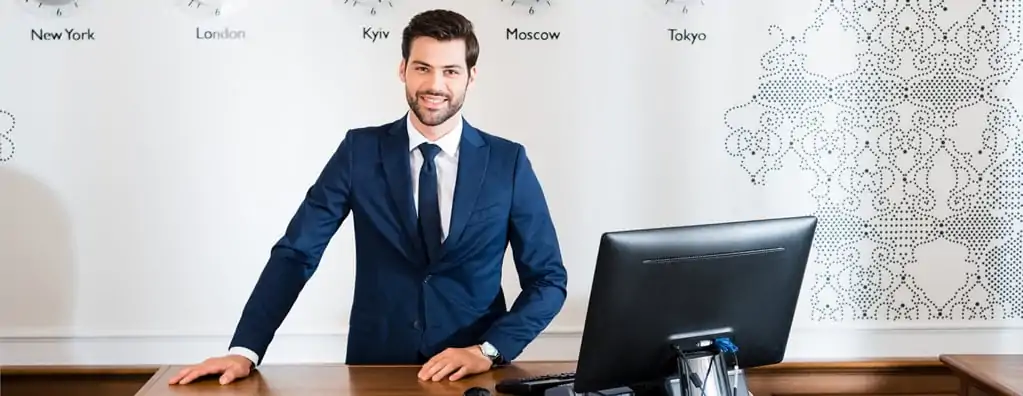
How to Handle Guest Complaints in Hotels
Table of Contents
ToggleHotel industries face numerous challenges, one of them being customer complaints. The sector receives all kinds of guests from different backgrounds; hence they perceive things differently. If guests’ complaints are not correctly handled, the guest would likely shift to a competitor along with 250 other customers. Sari (2018) opines that communication skills matter most when handling complaints from customers. A cognitive-emotive-behavioral model containing a series of steps is often used by hotel industries to handle customer complaints to retain their customers and lower the risk of losing them to competitors. The model includes listening, empathizing, apologizing, coming up with a conclusion, and follow-up.
Listen
Loo et al. (2021) state that guests in the hotel industry love their complaints to be listened to without interruptions. The hotel staff needs to be calm while the customer complains about the services, whether poor customer relations or poor quality services. The customer is deemed to be correct at all times, and thus the hotel staff should not interrupt while the guest is making complaints. The industry receives different people from different backgrounds and diversities, and therefore, the team should be encouraged to accommodate every guest, whether they are wrong or right.
Empathize
Sangpikul (2021) posits that empathizing with a customer fosters quicker solutions to the problem when a staff imagines that they could have been in the same shoes as the guest. Making a personal connection to the problem would calm the guest down. While other staff members judge at this point, it is most likely that the customer would never again set foot on the premises. Arguing at this stage is expected to fuel the situation due to rage and dissatisfaction feelings from the guest.

Apologize
If the organization or a segment of the organization is wrong, apologies are necessary after the customer’s complaint has been listened to. Apologizing should go hand with the best offering from the bad experience a guest had to go through. Some of the offerings might include discounts on the bill or other lucrative deals. An assurance that the experience will not happen again should be given to the guest.
Solutions
Entails solving the complaint and regularly keeping the customer updated on the events of their complaints. However, the solutions should comply with the hotel policies to avoid collisions with management (Sari, 2018). The guest should feel that they are essential assets to the organisations, and updating them on the events eventually calms them down. The solution focuses on solving the raised complaint and should also seek to address subsequent and similar problems that might arise in the future.
Follow-up
What distinct a good hotel organisation from its competitors is the follow-up activities after a complaint is raised. An unhappy guest poses detrimental risks to the organisation, and hence the protests should be taken seriously lest they cause misfortunes to the organisation. Communicating the follow-up activities to the customers calms them down even more and improves levels of satisfaction. A happy customer is the ultimate goal of the hospitality industry. If the model is used to solve complaints in the industry, the guests will keep coming back to the organisation they most feel valued. Poorly handled complaints give competitors to materialize on the situation.
References
Loo, P. T., Khoo-Lattimore, C., & Boo, H. C. (2021). How should I respond to a complaining customer? A model of Cognitive-Emotive-Behavioral from the perspective of restaurant service employees. International Journal of Hospitality Management, 95, 102882.
Sangpikul, A. (2021). Understanding resort service quality through customer complaints. Anatolia, 1-14.
Sari, A. B. P. (2018). English Communication Strategies in Tourism: Handling Guests’ Complaints in the Written Reviews of Tourist Accommodation.
